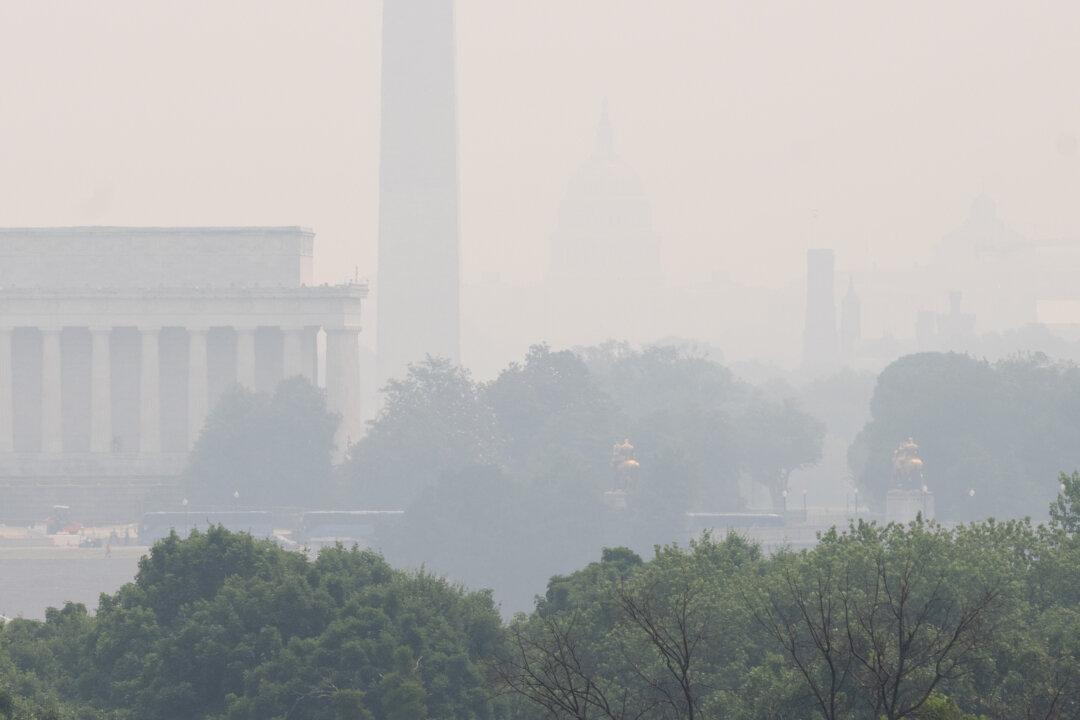This first week of June, a dense, smoky haze blanketed the skies of the Northeast due to wildfires in Canada. The gray skyline, reminiscent of scenes from Star Wars, has raised concerns among medical professionals because poor air quality causes a cascade of health complications.
Health experts warn individuals with asthma or respiratory issues to exercise extreme caution. They also emphasize the importance for everyone, regardless of health status, to avoid densely polluted areas if possible.






